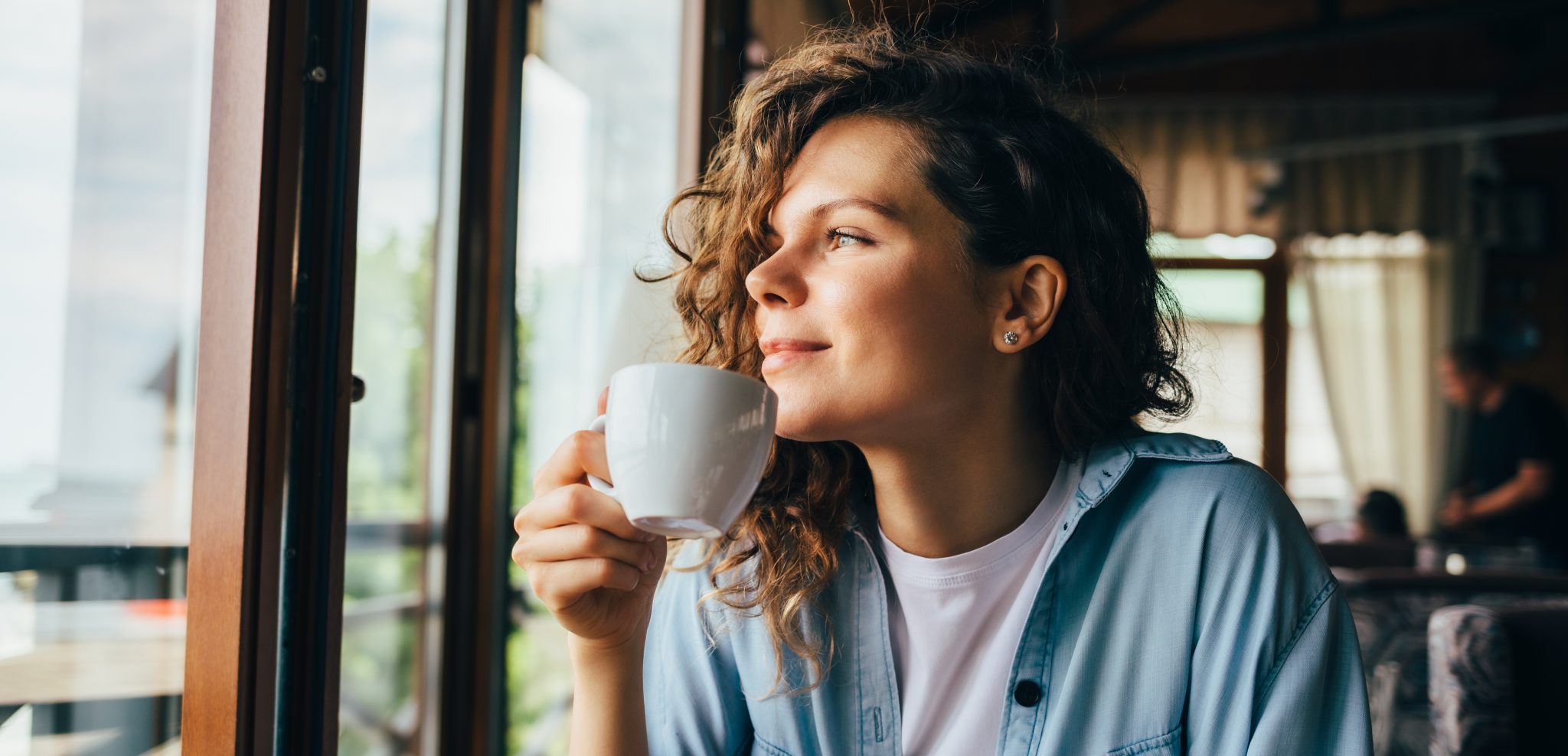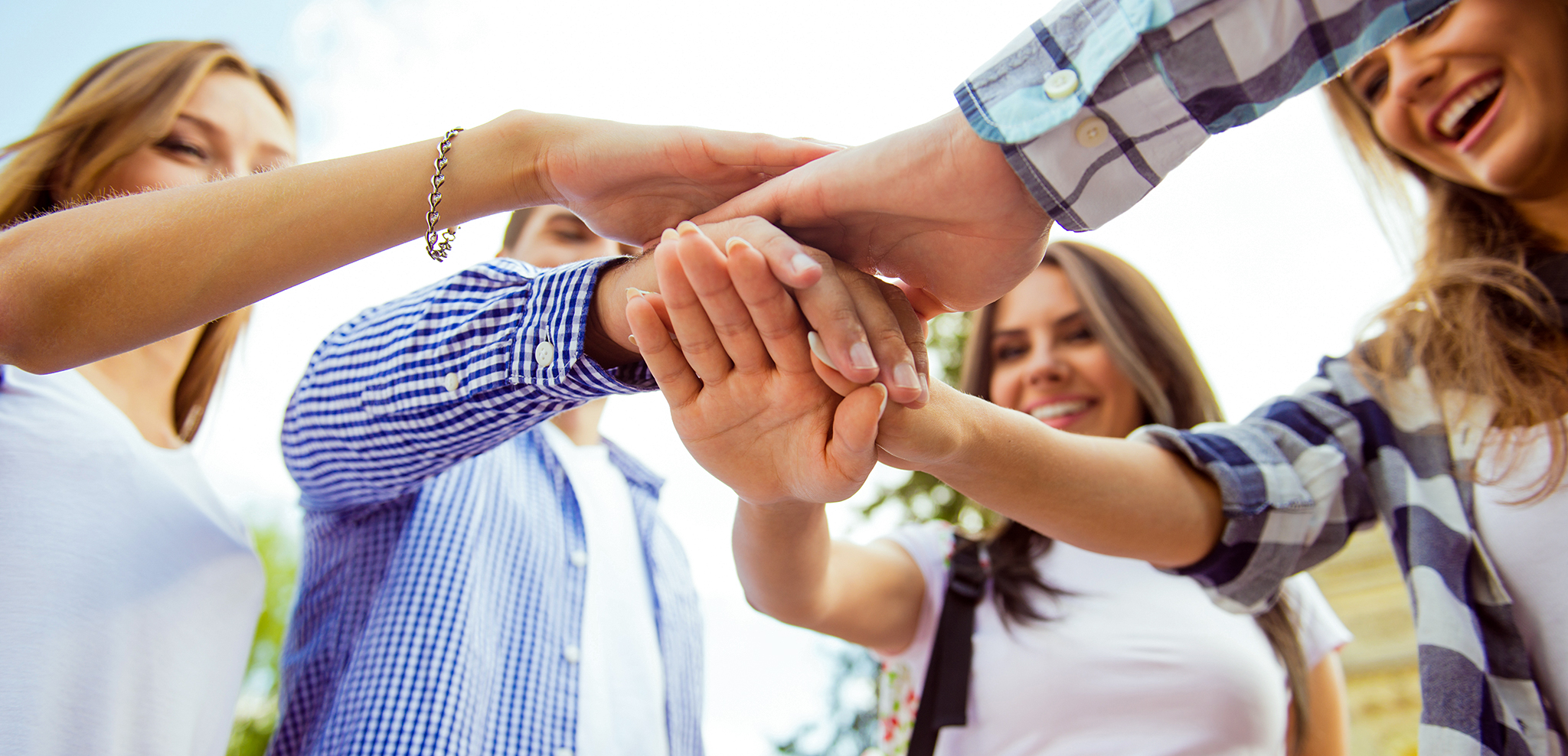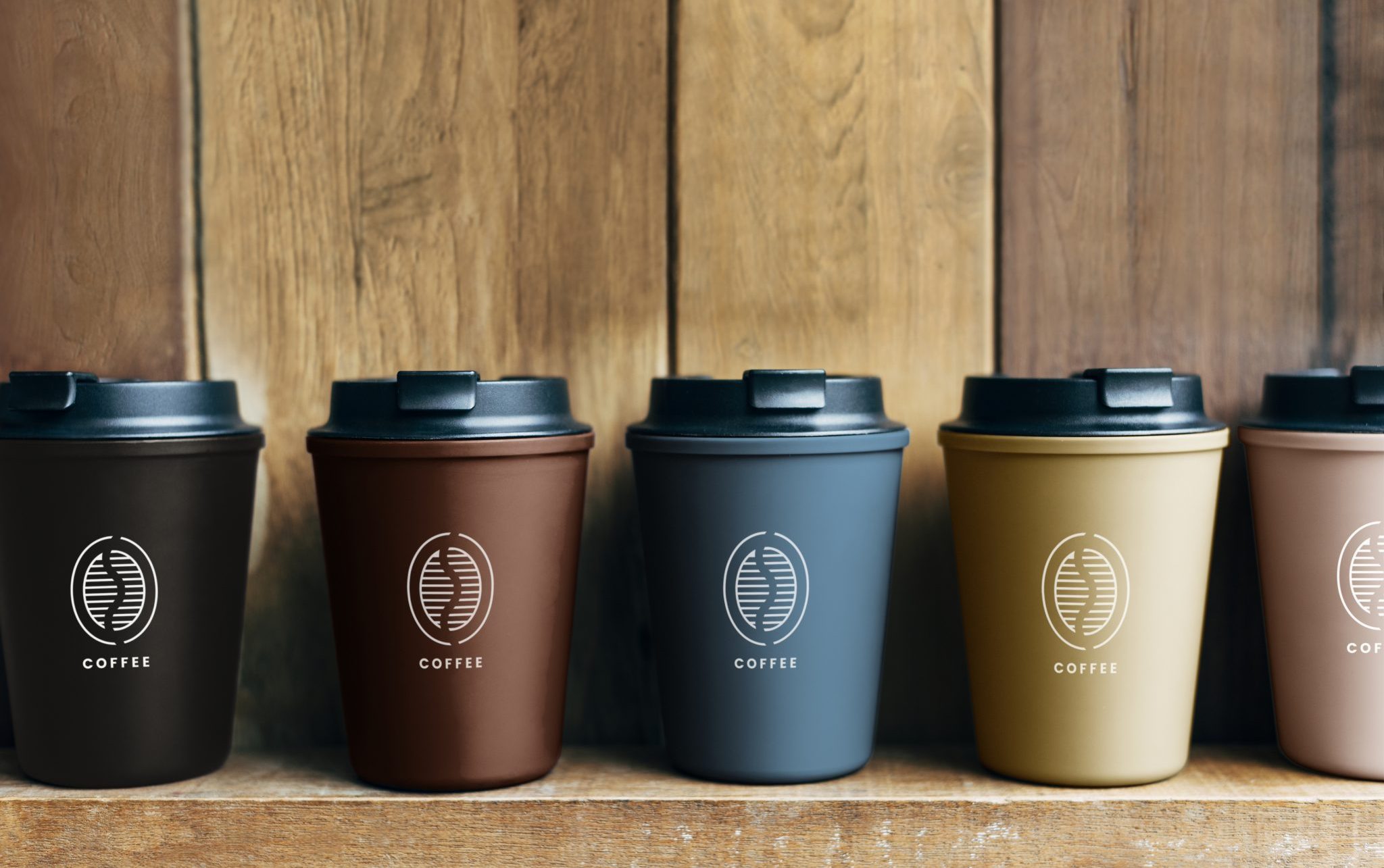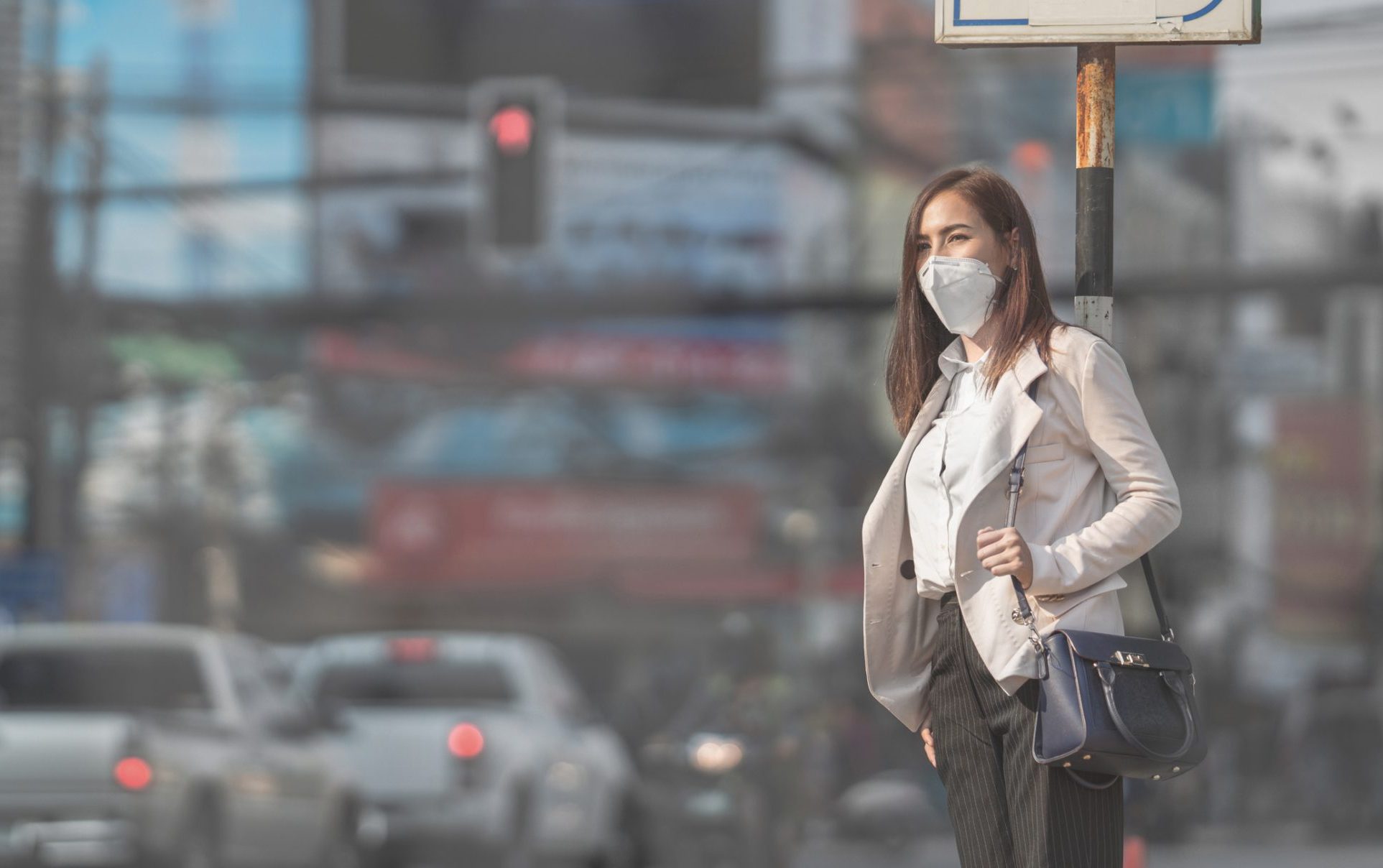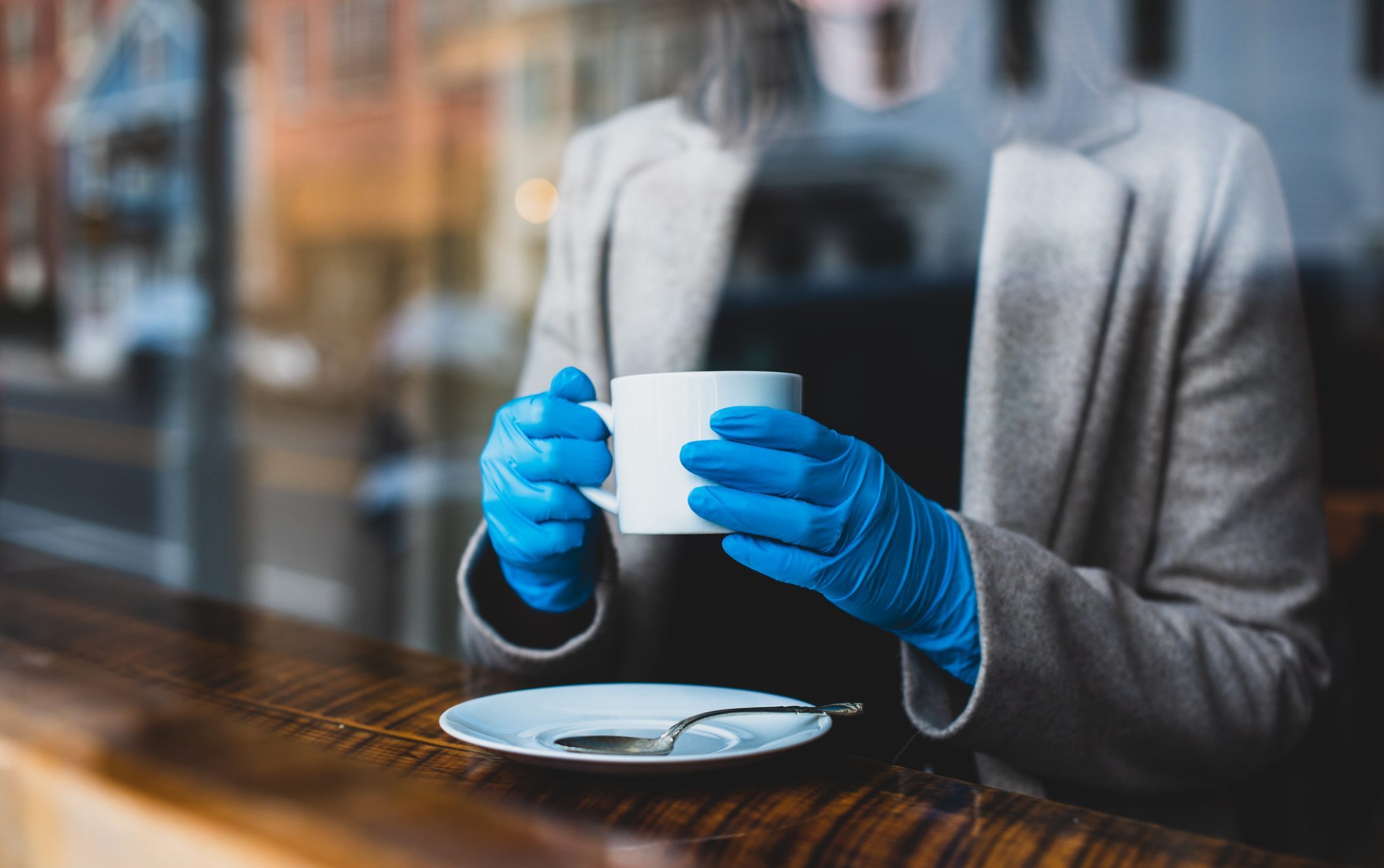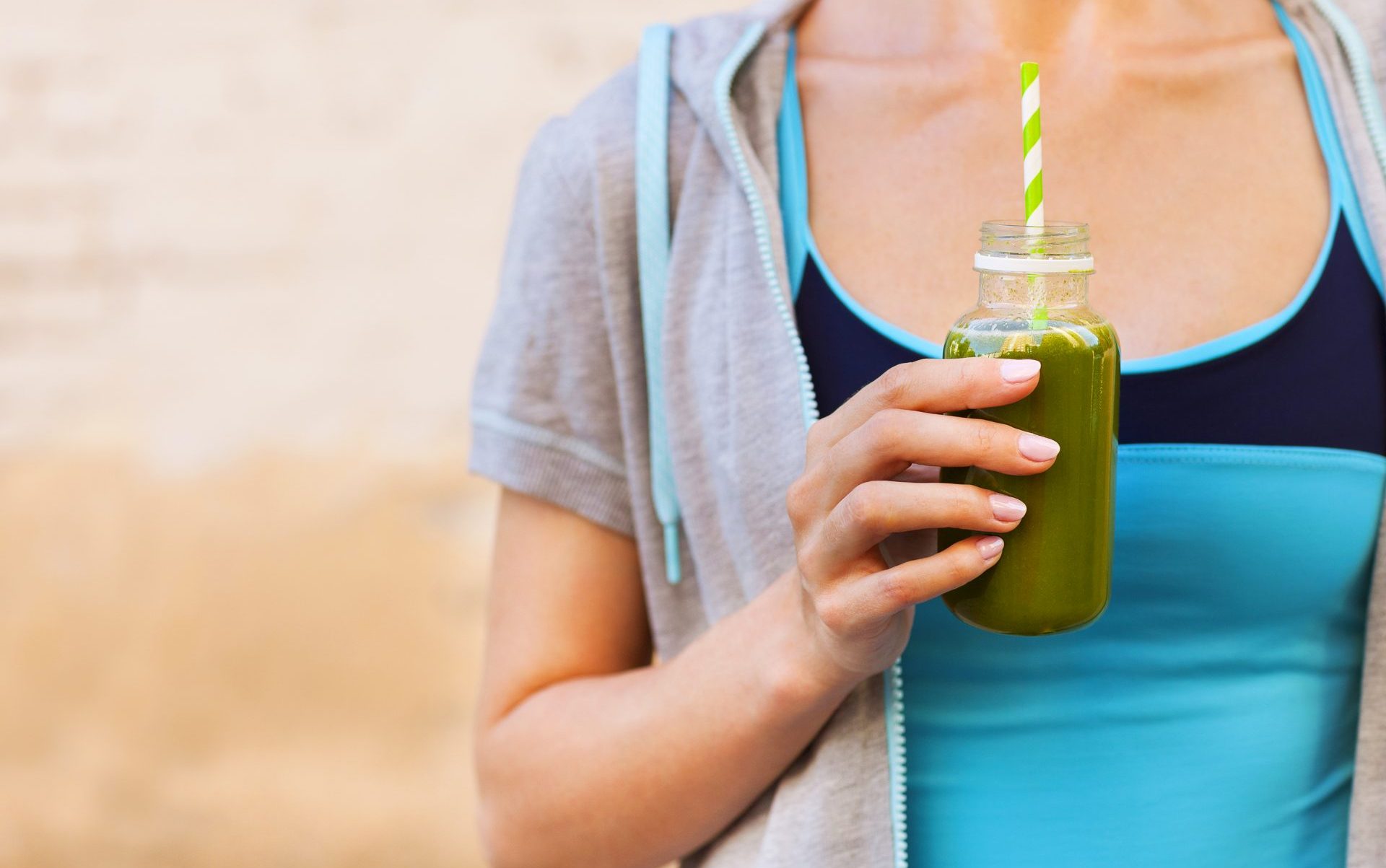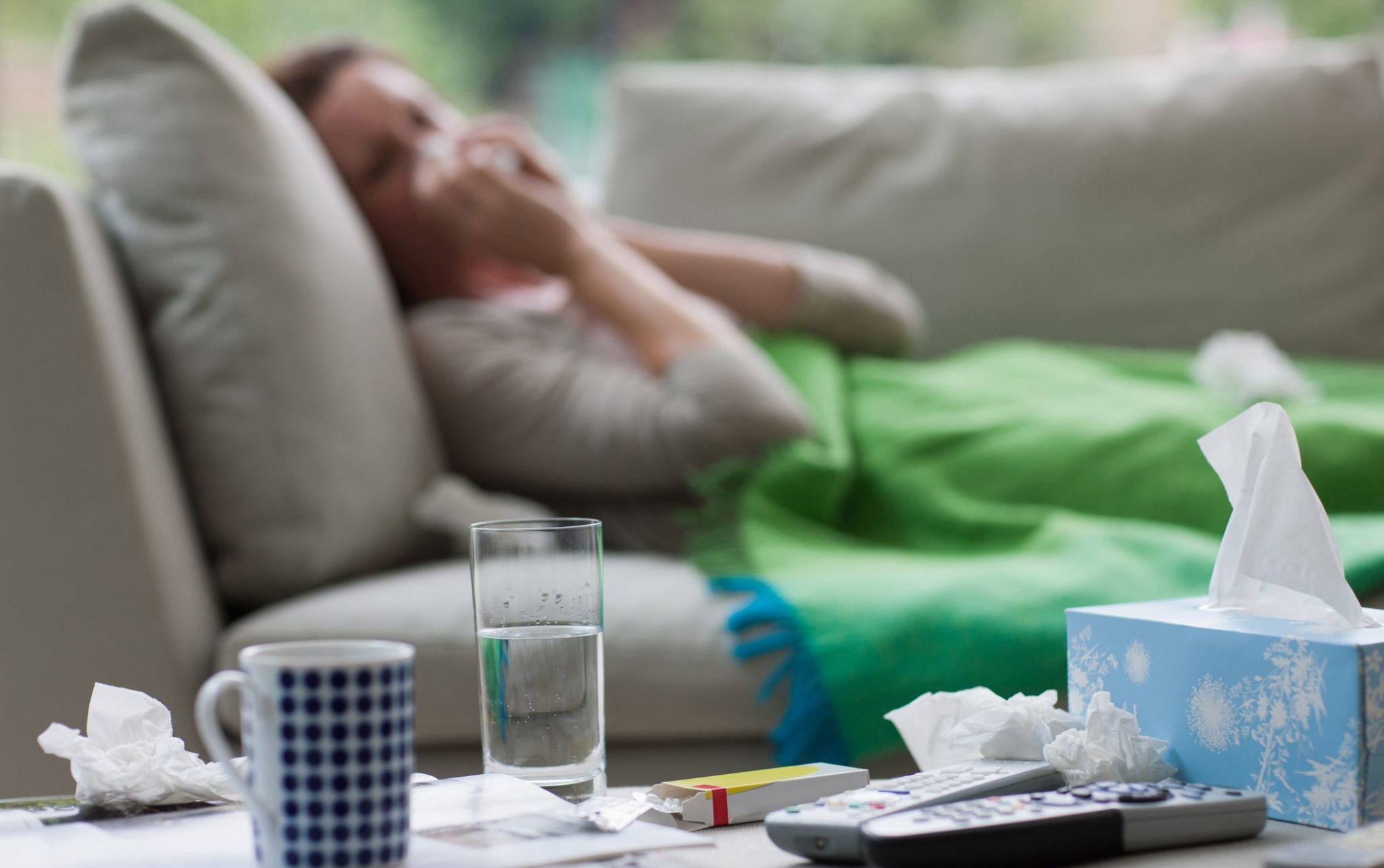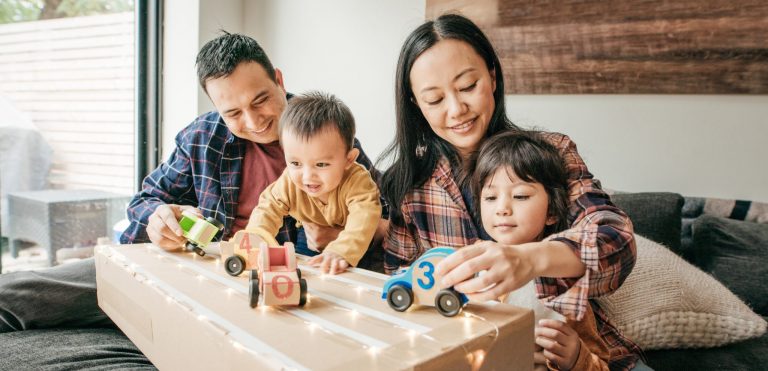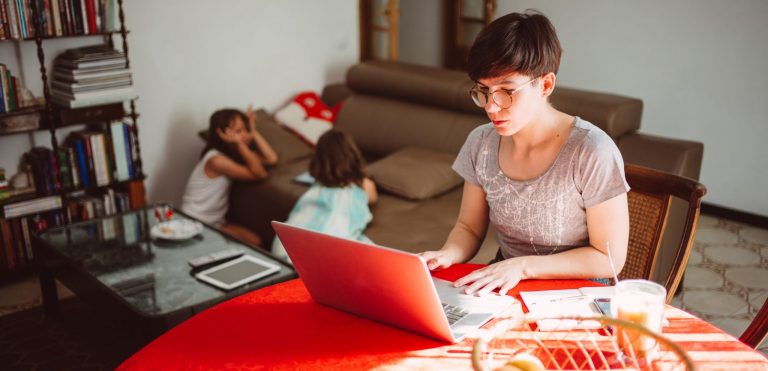The year is 2020. And civilization is starting to emerge after a long period of lockdown. Businesses are beginning to reopen. People are starting to communicate again. They must learn the new rules of communication to survive. Sounds like the start of a blockbuster, right?
Except, it’s not. This is our new reality. Although we are still deep in COVID-19 territory, as of summer 2020, we are starting to see glimmers of hope emerge that life will happen again. But not as we know it.
As we get back to our new normal after COVID-19, what are the rules we should follow to keep ourselves and our loved ones safe until a vaccine is found?
New Rules For Life After Coronavirus
1. Forget about handshakes
Long gone are those days when a meeting starts with a strong handshake. With over 150 types of bacteria living on your hands at any one time, it’s time to think of new greetings. By the way, fist bumps and high fives are off the table too. Respectively, they spread 1/20 and 50% of what a handshake does. But, better safe than sorry.
That doesn’t mean that you shouldn’t say hello. Even if your companion can’t see your dazzling smile beneath your new mask, there are lots of ways you can greet them with warmth. How about a bow, a wave, a good-old live long and prosper greeting, or even the innovative Wuhan footshake. A crisis is an excellent time to get creative.
2. Use your own cup
Heading back into the office soon? There is one essential you shouldn’t forget. Yes, that’s right, your very own mug. If you like your cup of joe in the morning or a relaxing cup of tea with lunch, you need your own mug.
Forget about grabbing one of those random ones from the staff room. In the world after coronavirus, good hygiene is vital, and you keep your risk down by using your mug and your mug alone. What better excuse could there be for getting a personalized cup to boost your mood and caffeine level?
3. Wipe it!
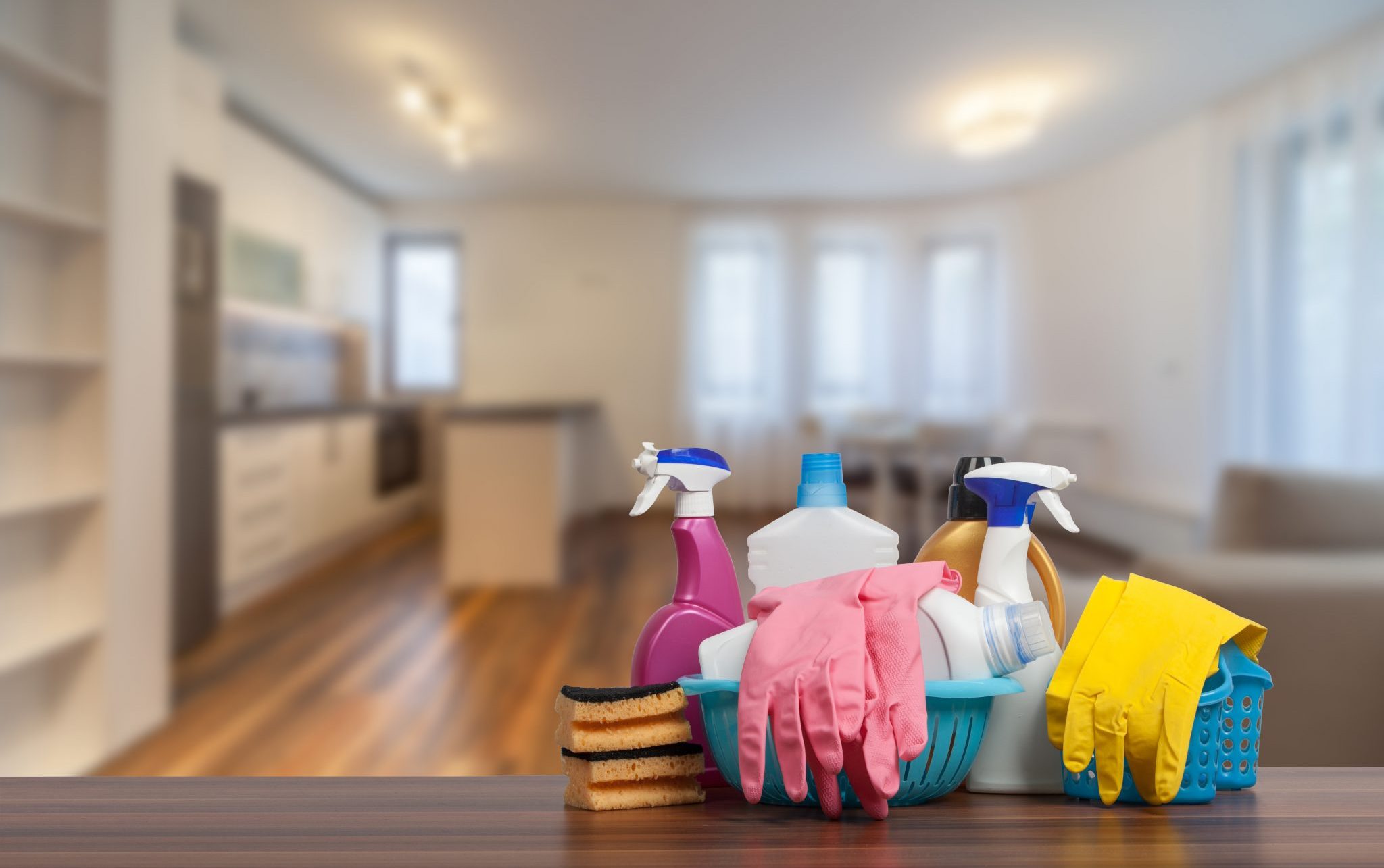
Coronavirus can live for up to 9 days on metal, glass, or plastic. So add a packet of antiseptic wipes into your handbag or backpack. Make sure they contain more than 62% ethanol, 0.5%+ hydrogen peroxide, or at least 0.1% of sodium hypochlorite. Although not great for the condition of your skin, these agents work effectively, killing bacteria.
4. Wear a mask
During the lockdown, we heard a lot of conflicting opinions about wearing masks. Do they help, do they not? Scientists still have not come up with conclusive evidence about masks due to problematic factors of testing if a mask works against coronavirus. However, many suspect they may help. For your peace of mind, and that of those around, if you can, when going to crowded places – wear a mask.
But, not all masks are created equal. The most effective are the medical N95 masks, filtering 98% of particles. However, these have been in short supply, and it is generally recommended these be saved for frontline medical workers. General surgical masks also offer protection, with an effectivity rate of 78%, and are much more readily available. Other materials, such as homemade masks, may be somewhat useful but are not recommended for protection against coronavirus. Their effectiveness depends on the material, but are generally only efficient at filtering up to 60% of particles.
Remember, when putting on a mask, ensure that you first wash your hands and avoid touching the mask after you fit it. It should be tightly fitted around your nose and mouth to give adequate protection. Single-use masks should be safely discarded after use. If in doubt, check the WHO website for details on mask usage.
5. Gloves are not your friend
Do I need to wear gloves to go shopping? Or to the office? Or to the park? No! Gloves are a false friend. Not only are they creating a problem for the environment that we’ll see for generations to come, but they actually put you more at risk, here’s why.
Rubber and medical gloves are often not used correctly. If you put on gloves and walk around all day touching various objects, the bacteria from those objects stay on your gloves. Then when you take them off, this is transferred to your hands. What’s more, if you wear gloves, you are less likely to wash your hands – a hygiene procedure that’s proven to reduce the coronavirus spread.
So, why do medical staff wear gloves? It’s simple. They use them correctly in the right environment for a short period. Medical personnel are trained to put on and take off gloves correctly to minimize infection risk. They also wash their hands regularly.
Our advice – just keep washing your hands.
6. Keep your immune system working
Those with low immune systems are always more at risk from viruses. Coronavirus or not, keeping your immune system in working order is the best protection you have when viruses strike. Your immune system is a collective network of cells and proteins that guard your body against infection. If you have an immune deficiency, currently take immunosuppressant medication, or suffer from certain chronic illnesses, you may be more at risk than others.
The best thing you can do is take care of your body. First of all, follow your doctor’s orders regarding any medication or diet you should be following. Second, keep a check on your diet, exercise, and mental health, in general. All of these can affect how well your body fights infection.
Want to find out a little more about strengthening your immune system? Check out our post here.
7. Stay home when you’ve got a sniffle
Forget about struggling if you’ve got signs of a cold or flu. In the world post-COVID, you’ll likely get a huge THANK YOU for being considerate to others, instead of being shamed for not coming to the office. No one wants to be sick, so if you feel something ‘coming on,’ grab a cup of honey and lemon tea, order your shopping at home, and snuggle up to a day or two of rest until it passes.
Now is not the time to take risks. So put your health and that of others in the first place. Keep yourself safe and stay in bed.
8. Stay away from crowded spaces – at least for the time being
Things are starting to open up again, but that doesn’t mean it’s time to get the party started. Coronavirus remains a genuine risk until the time an effective vaccine is found and implemented. So, while you can pretty safely begin to enjoy some of the activities you once used to, you may need to adapt them to the new normal.
For example, if you were once a gym bunny who is considering “is it safe to go to the gym again?” Perhaps keep your workout to the great outdoors for now. Or, if you were planning a massive birthday party – go small and keep it in your backyard with social distancing in place.
Be smart, and don’t take unnecessary risks for yourself and others. Keep away from crowded places and follow these rules above. Remember, it will all be over soon.
Let's add a link to your gym article here.

